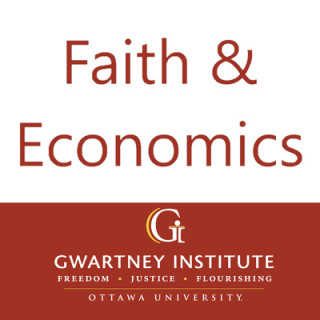
S01:E159

This week the Gwartney team talks about the map and territory distinction. Why are we talking about maps and territory on the show? Well, it is actually quite important. Are there people out there trying to change the maps to make the territory look different. Give a listen to what the team has to say about this distinction and why it might be very important today.
Timeline:
Look at the territory, not just the map- 2:15
Politics has an incentive to alter labels- 7:00
Warping an unchangeable map?- 11:15
Meet people when their at- 18:45
Make things loud that shouldn't be 22:35
Jesus is territory orientated- 24:40
Decisions that follow territory, are done with faith- 30:05